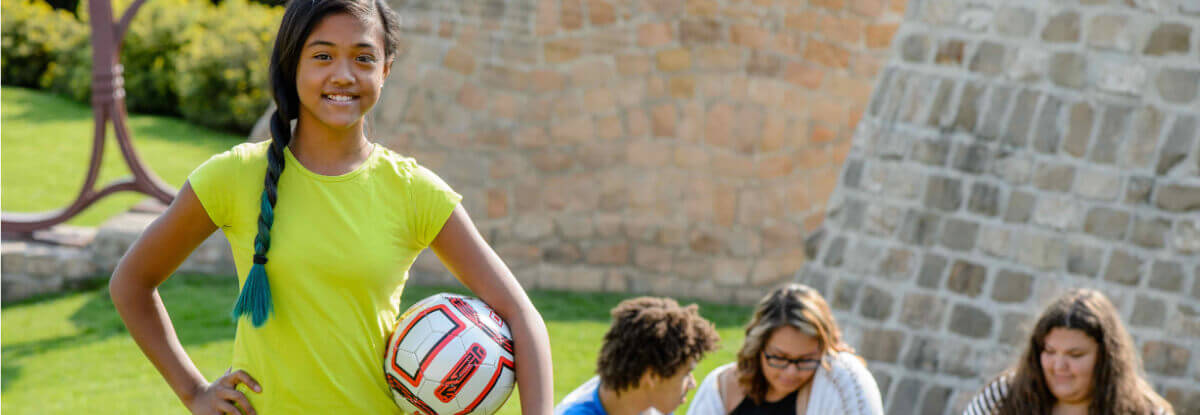ADHD

ADHD (Attention Deficit Hyperactivity Disorder) is a fairly common disorder that affects a person’s ability to pay attention and focus on and complete tasks like schoolwork. ADHD sometimes causes impulsive behaviour, as the person doesn’t always think ahead.
Everyone has these symptoms sometimes, but they appear more often in youth with ADHD and often with outcomes that greatly impact their lives.
Only a doctor can diagnose ADHD after assessing many areas of a teen’s life – home, school and social situations like clubs and sports. Other mental health professionals are sometimes consulted and treatment usually involves medication alongside learning and practicing skills like how to organize homework, prepare for new situations and cope with impulsive thoughts and urges.
Counselling is often helpful for those with ADHD as they can learn coping skills and ways to manage some of their symptoms.
Living with ADHD
We’ve made a lot of progress in understanding and treating ADHD.
Treatment is tailored to the individual. The most effective forms of treatment are based on cognitive (thought) and behavioural (action) counselling approaches, as well as meditation and other strategies to improve symptoms.
Medication can be prescribed and monitored by a doctor to treat ADHD.
Above all, remember ADHD is very treatable and recovery is expected. With help from a mental health professional, and support from family and friends, problems with attention, hyperactivity and associated issues are treatable, and recovery is possible.
You can think of recovery as part of a personal journey to feel a degree of control over your life, and to have meaningful relationships with people you trust – whether they are family members, friends, or people at school or work.
Recovery also means different things to each person. For some, recovery means that symptoms will not persist, while for others, recovery means learning to live a full life despite any ongoing symptoms.
Signs of ADHD
Symptoms are not necessarily present all the time and this list should not be used to diagnose yourself or someone else. It’s meant to provide general information. If you think you are experiencing a mental health disorder, see your doctor.
Inattention
A person:
- Often starts many activities without finishing
- Often makes careless mistakes
- Has difficulty following instructions through
- Is easily distracted by things such as noise
- Will avoid tasks that need a lot of attention
- Has difficulty paying attention to lessons, lectures and instructions
- Has organizational problems in many areas
- Loses things, and often not dressed for the weather (no gloves or is still wearing a heavy coat on nice days)
Hyperactivity
A person:
- Has difficulty staying in one place (such as sitting in a desk or in a group)
- Runs around or climbs on furniture instead of focusing
- Fidgets, talks a lot, talks or makes other noises during quiet time
Impulsivity
A person:
- Has difficulty waiting in line or to take their turn
- Is impatient at times and gets frustrated easily
- Rushes into things without realizing consequences
- Takes risks
- Repeats mistakes
- Interrupts or blurts out answers to questions
Hacks for ADHD
If you or someone close to you has been diagnosed with ADHD, here’s what you can do:
- Learn about ADHD and how it may affect teens. Read books or visit trusted websites. If it is your diagnosis, talk to the doctor and ask questions.
- Remember that someone with ADHD has difficulty paying attention or sitting still because of differences in the way their brain works – not because he or she is not trying.
- Try to focus on strengths. Many youth with ADHD are very creative and have great ideas. They also can be lots of fun and are ready to try new games and activities. Try to notice which activities bring out their strengths and do those more often.
- Offer to help organize their work and work together on homework or tasks. This can help them to follow along with someone who has less difficulty with focus and completion of work and learn new skills.
- If you are a person with ADHD, consider making charts and lists to help you stay on task and organized. You can build in rewards for time spent completing tasks.





